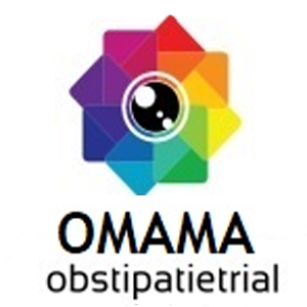More than 70% of patients with cancer in the palliative phase have pain that often requires treatment with opioids (morphine-like agents). Constipation occurs in 59% of patients treated with opioids. Opioid-induced constipation (OIC) has consequences that range from daily discomfort with social insecurity and disability to intestinal obstruction.
In the guideline "Diagnosis and treatment of pain in patients with cancer" it is recommended to start prophylactically with an osmotic laxative such as macrogol/electrolytes or magnesium hydroxide when starting opioids. Macrogol/electrolytes has been proven to be effective for symptomatic OIC and is registered for this indication. However, it has not been proven to be effective for prevention of OIC and is not explicitly registered for this indication. It is sometimes perceived by patients as unpleasant due to its taste.
For magnesium hydroxide only retrospective data are available, suggesting that it may prevent OIC and it has a neutral taste. Although it is also recommended by the guideline, it has not been registered for the treatment or prevention of constipation. To support the advice of the guideline and to prove that a choice is possible, it is important to demonstrate that magnesium hydroxide is not inferior to macrogol / electrolytes and to compare side-effects and tolerability. Therefore, the primary aim of the study is to prove non-inferiority of magnesium hydroxide to macrogol/ electrolytes to prevent OIC in patients with palliative cancer, starting with opioids for pain. The results of this study will lead to the best feasible prevention of OIC in patients with cancer in the palliative phase.
People involved from Amsterdam UMC are Lia van Zuylen, professor of Palliative Care at Cancer Center Amsterdam and Monique Steegers, professor of Pain Medicine and Palliative Medicine. The project ‘Preventing Opioid-Induced Constipation in Patients with cancer in the palliative phase’ was awarded € 636,065 by the ZonMw program Palliantie.
For more information contact Lia van Zuylen (c.vanzuylen@amsterdamumc.nl) or Monique Steegers (m.steegers@amsterdamumc.nl).
Text provided by Lia van Zuylen


